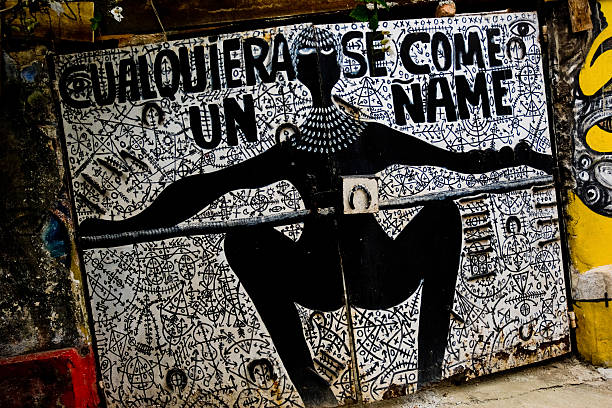Crypto needs more no-fee, open-source payment tools
This is a segment from The Drop newsletter. To read full editions, subscribe.
A crypto researcher has whipped up an open-source payment processor within a week that lets a buyer tap a crypto wallet on a mobile device to pay for items without any processing fees typical of credit cards and terminals like Square.
Tim Robinson, head of crypto research at VC firm BlueYard, shared a video of the device in action this week making a payment with the MetaMask app on his phone.
The terminal, which he’s dubbed FreePay, has a few different components, including an NFC reader and a screen for the seller to type in the amount they want to charge.
“We’re supposed to be replacing TradFi, not joining them,” Robinson said.
Robinson built a companion app for sellers using FreePay and an Android app for customers, but notes that FreePay only works with MetaMask and Coinbase Wallets (at least in its current form).
Loading Tweet..
In recent months, crypto firms — from Coinbase to MetaMask, Avalanche to Solayer — have all unveiled their own various crypto payment cards using traditional payment processors like Visa, Mastercard and even American Express.
But while these big-name TradFi firms have widespread reach, their fees aren’t inconsequential and can cut into businesses’ bottom lines or result in those higher costs being passed on to consumers.
Visa credit card fees per transaction can be anywhere from 1% to over 2%, while Amex fees are typically higher, and can range from 1.4% to over 2.5%.
Of course, blockchains come with their own set of fees, but ultimately that depends on the chain used. Ethereum L2 and Solana fees are much, much lower, especially when considering credit card fees plus the 2.6% and up additional fee added just for using a Square terminal.
“I started with L2 support because that’s what I know best, but because it’s open source anyone can extend it,” Robinson told me in a DM of FreePay, adding: “Would love to see others add more chains and more wallets to support the standards needed to work with it.”
Crypto use in the US does come with some tax rules, though, which can deter some from using it as a payment method because it’s more complex than a stablecoin or fiat currency payment.
But hey, if you want to spend your crypto directly from your wallet in a tap-to-pay method, FreePay looks like one potential way for merchants to let you do just that.
You may also like...
The Names We Carry: Why Africa’s Many-Name Tradition Shouldn’t Be Left Behind

"In many African communities, a child's birth is marked with a cascade of names that serve as fingerprints of identity, ...
WHY CULTURAL APPROPRIATION ISN’T ALWAYS OFFENSIVE

In a world of global fusion, is every act of cultural borrowing theft—or can it be respect? This thought-provoking essay...
Africa’s Health Revolution: How a New Generation is Redefining Global Wellness from the Ground Up

Move beyond the headlines of health challenges. Discover how African youth and innovators are using technology, traditio...
Kwame Nkrumah: The Visionary Who Dreamed of a United Africa
(13).jpeg)
Discover the powerful legacy of Kwame Nkrumah, Ghana’s first president and a pioneer of Pan-Africanism, whose vision for...
Meet the Theremin: The Weirdest Instrument You’ve Never Heard Of

From sci-fi movies to African studios? Meet the theremin—a touchless, ghostly instrument that’s making its way into Afri...
Who Told You Afro Hair Isn’t Formal?

Afro hair is still widely seen as unprofessional or “unfinished” in African society. But who decided that coils, kinks, ...
1986 Cameroonian Disaster : The Deadly Cloud that Killed Thousands Overnight

Like a thief in the night, a silent cloud rose from Lake Nyos in Cameroon, and stole nearly two thousand souls without a...
How a New Generation is Redefining Global Wellness from the Ground Up

Forget fast fashion. Discover how African designers are leading a global revolution, using traditional textiles & innov...


